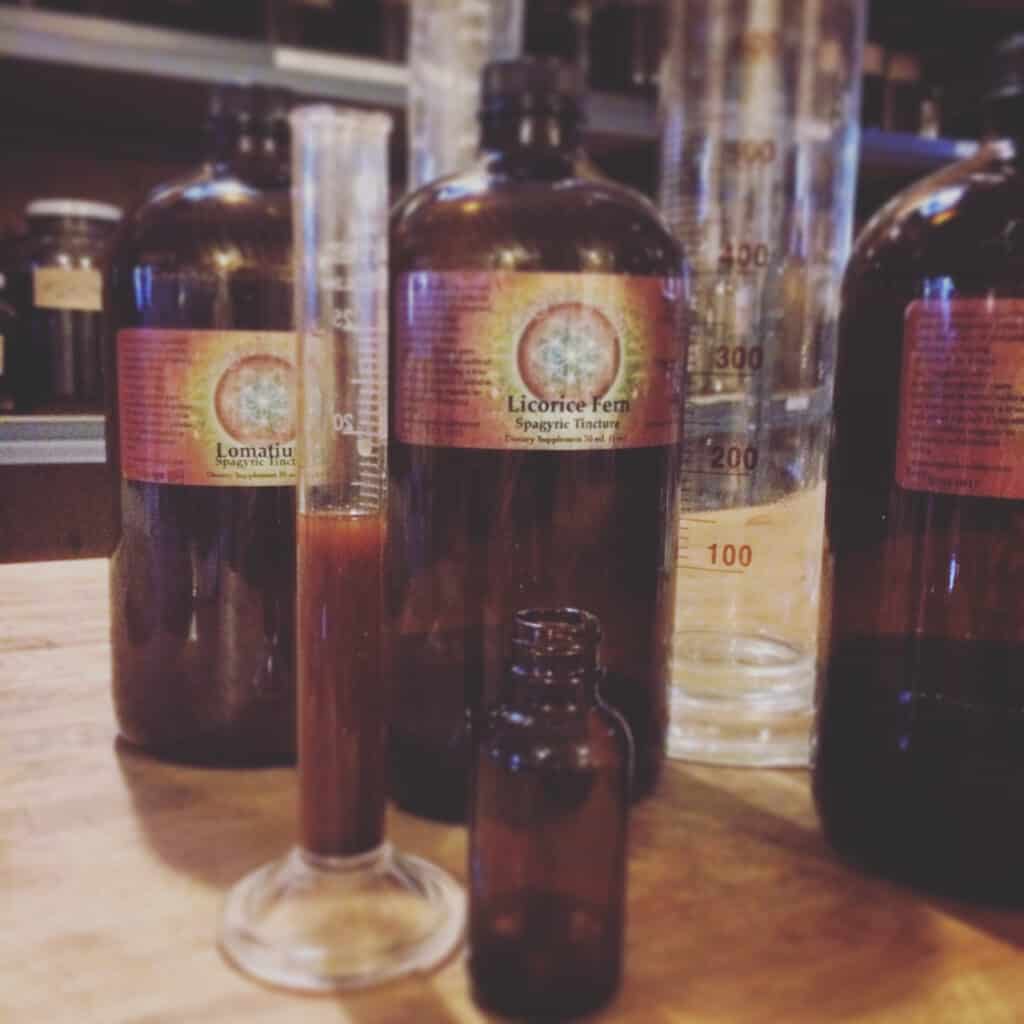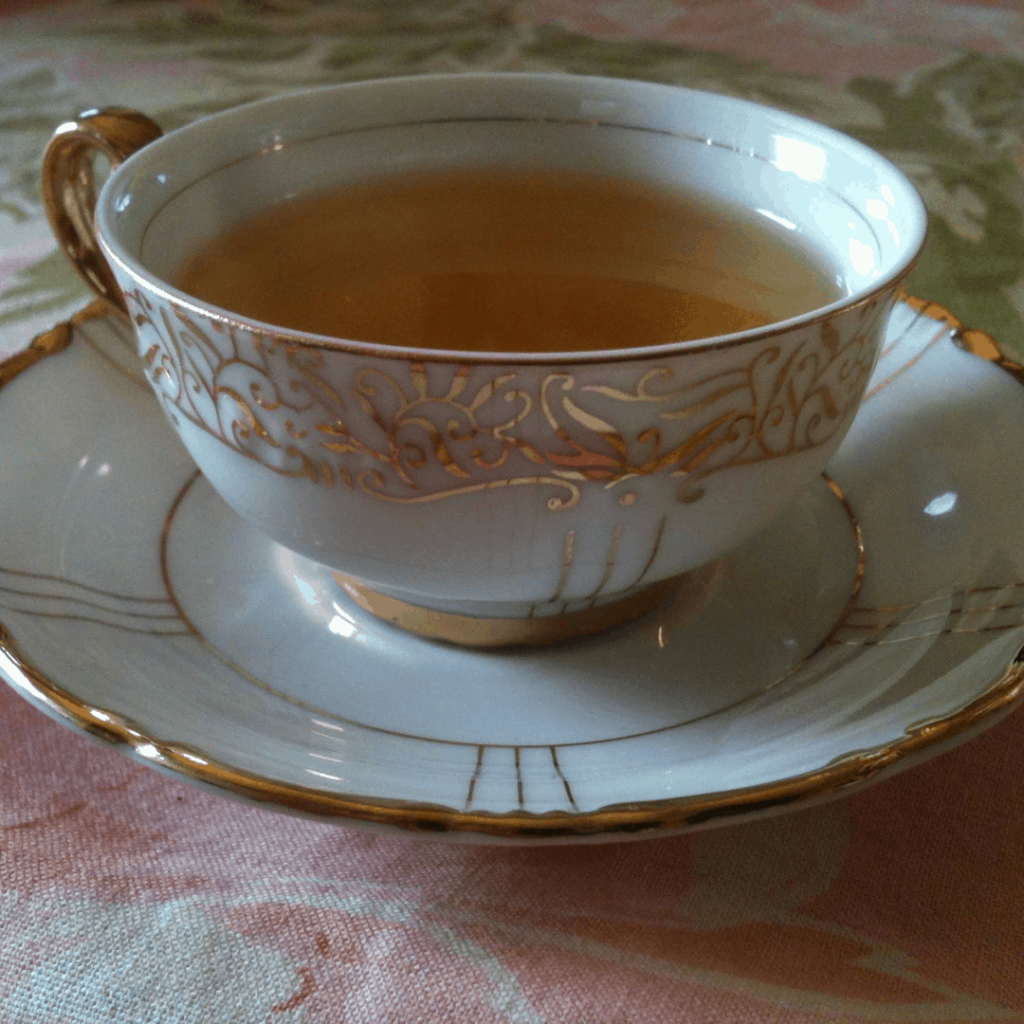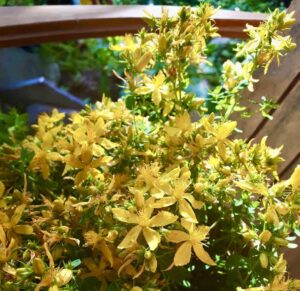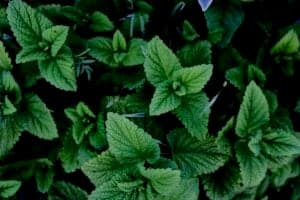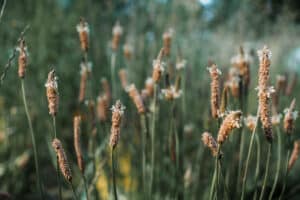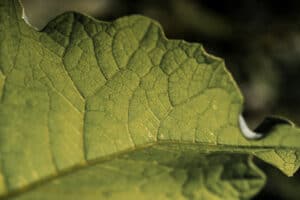Table of Contents
This is a really important topic of discussion, because sometimes we can have a reaction to an herb that is really strong and really intense. Sometimes it can actually be an indication that it is the right remedy, and we’ve got to work through something. But sometimes it’s an indication that it is actually the wrong remedy and you’ll need to find something else to help that person out. So how do you tell the difference? How do you differentiate the ways in which people have strong reactions to medicinal plants and whether it’s beneficial or not?
This is something that as practitioners we need to be aware of, because sometimes people will have a really strong reaction to an herb. Maybe there will be an aggravation of symptoms. Maybe there will be other symptoms that emerge because it’s the incorrect remedy. Sometimes we see people kind of playing it off like, “Oh, no, no, that’s good. It’s a healing crisis,” or, “It’s improving,” or “It’s good. Just keep working with it.” And there are times where that’s really not true. So it’s very important for us to understand what constitutes a healing crisis—which is a good thing, even though it seems challenging—and what constitutes an indication that you’ve selected the wrong remedy and it is actually creating further imbalance within a person.
Hopefully this discussion will clarify for you how to understand this very important dynamic, especially for those of you who are practicing herbalists and are administering plants to clients. Pay close attention to this one, because I think it should serve you very well on your plant path.
Herx reaction vs Healing crisis
The first thing that I want to mention is that you have to differentiate between a Herx reaction and a healing crisis. I want to split those apart. A Herx reaction or a Herxheimer reaction is very different from a healing crisis. Number one, a Herx reaction basically is when you see a really big die-off of bacteria in the body, and then the immune system is like, “Whoa, what’s going on? Fever, inflammation, attack.” The whole body flares up in this huge immune reaction. That is typically going to be happening if someone has really serious infections accompanied by a large die-off. So people with Lyme disease can get Herx reactions and other more systemic type infections and issues. This is usually going to happen if you’re taking strong antiseptic herbs, or even strong alteratives that might dump a bunch of immunological and bacterial waste products out of the lymphatic system. And then the immune system is like, “Whoa, Holy shit. We’ve got to get to work,” and then it leads to that immune response. So this is going to be more rare than a healing crisis.
A “Healing crisis” is a term used in homeopathy and other alternative systems of medicine. This is an important term to define and clarify, because a lot of times it can be used as a cop-out. Like, “Oh, you’re just having a healing crisis—it’s okay,” when really, it’s one of these other things. They’re having a bad reaction to the herb or it’s not the right remedy.
One of the best ways of thinking about a healing crisis is looking at the timeline. Someone comes to you with an issue and you get them on a protocol and some of those issues start to resolve. We see an increase in someone’s vital force and in their vitality. Maybe they’re sleeping better, they’re digesting and absorbing better, their stress level is lowered and they’re just overall feeling healthier. So then all of a sudden there’s more vitality and the vital force is like, “Oh, great, now that I’m not dealing with the headaches and bloating and joint pain, now I can dig in and do some deeper healing work, let’s dredge up some of those emotional problems. Let’s deal with this next thing to gain further healing and balance.”
And then we see the healing crisis, in which there can sometimes be a sudden backtracking that happens. Maybe other symptoms start to arise, deeper symptoms start to arise, and oftentimes there is a psychological and emotional component to it too. Maybe someone starts getting really depressed, or they get really emotional, or they start feeling all these feelings that they haven’t felt in a long time. That is where we start to see the healing crisis come in. The key thing here is that there’s an initial healing that happens, an increase in vitality, and then the healing crisis happens. Understanding that timeline is important. If we don’t see that, it’s quite likely that it’s not a healing crisis.
Approving
Something else I’d like to mention here is a term coined in Homeopathic medical called “approving”, or to prove an herb will create the symptom in a high dose that it treats in a low dose. So you give a remedy in insanely high quantities, and then it starts to create the same type of symptomatic picture that that same remedy will treat in a lower dose. This is really the premise of homeopathy: like treats like. If you look at certain remedies and look at the indications for the homeopathic, and then you study the herb, it’s like, “Oh, they’re kind of used in a similar way.”
It’s rare that you will give someone an herb in a large enough dose to really “prove” it unless, one, you’re giving insanely high doses at insanely high frequency, or, two, that person is really, really, really sensitive, and they should just be taking lower doses. If someone comes to you with a problem and you give them an herb and they start developing the symptoms that the herb actually is used for, then that would be potentially considered “approving”.
The wrong remedy
The last thing I’d like to mention here is probably the more common one, which is the remedy being wrong for the tissue state or constitution. When we say constitution, I want to clarify that that is the current assumed constitutional state or the constitution of the disease, aka the tissue state. So if someone comes to you with a dry cough and you give them some Osha (Ligusticum porteri) and the dry cough gets worse, it’s quite likely in this situation that the energetics of the herb are incorrect for the energetics of the person’s condition. So, in this case you would need to change remedy. Usually the best way to tell if a remedy is the incorrect remedy for the tissue state of the organ system or just the constitution of the person you’re treating – is that you’ll see aggravation. They had a hot condition and all of a sudden it feels more hot, or they have a cold condition and now they feel more cold. Somehow whatever you’re trying to treat either is getting worse, or it’s not improving.
So that’s the simplest way of being able to tell if someone is experiencing an adverse reaction. It really depends on the person, the remedy, what you’re treating to really be able to make this distinction and sometimes we don’t really know. But If it’s an acute condition, usually you can tell pretty quickly whether it’s going to aggravate a problem or not. If it’s a deeper, more chronic condition, it might take a little longer to be able to tell if it’s creating aggravation. It’s really all about your follow-up with the person and making sure that you’re asking really good questions and checking in with them on a regular basis, to really see how that person is responding to the remedies that you’re giving them.


